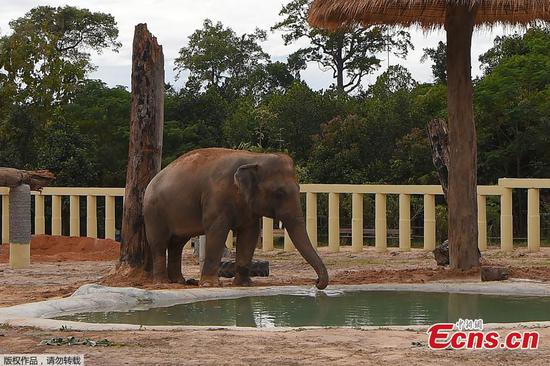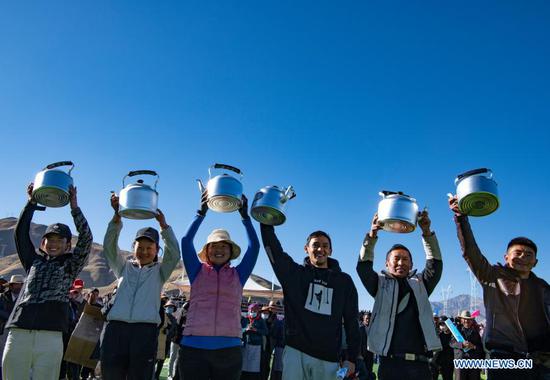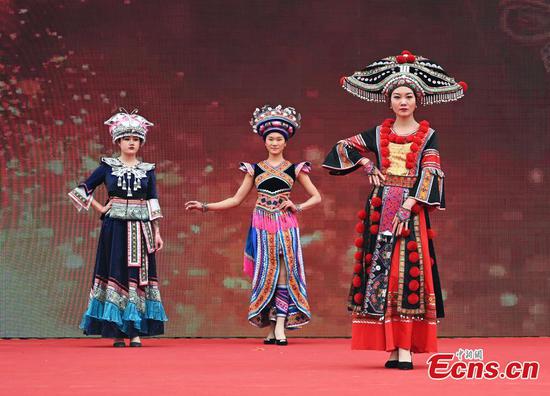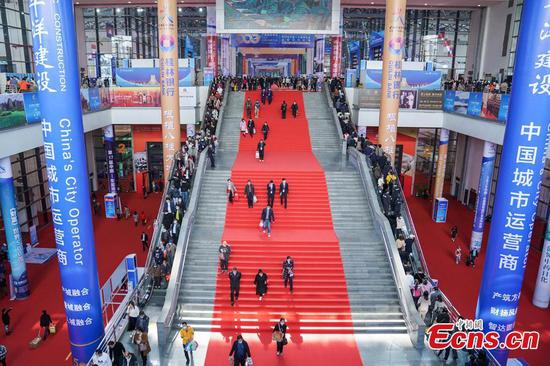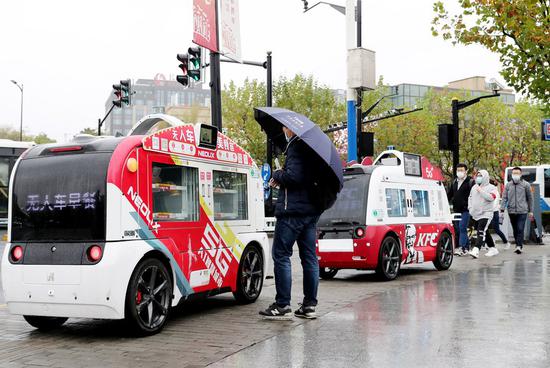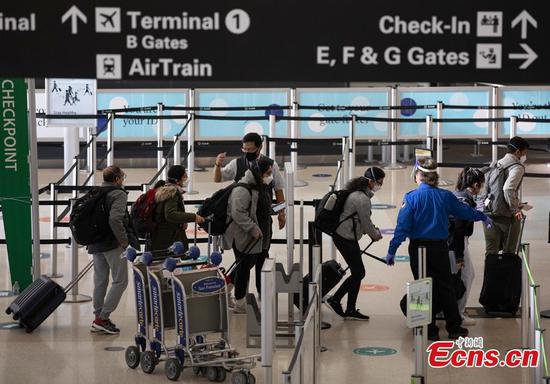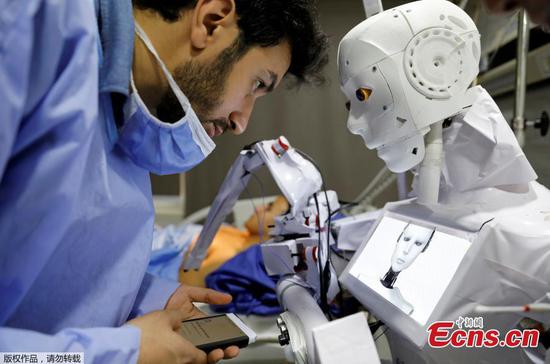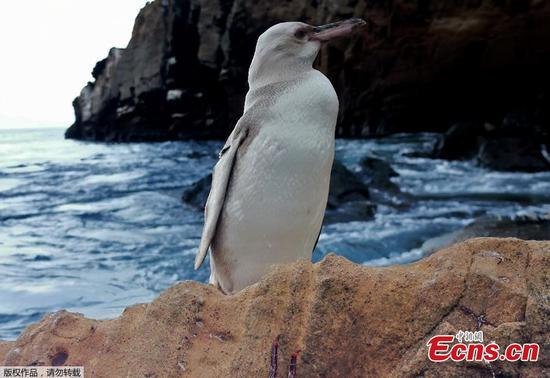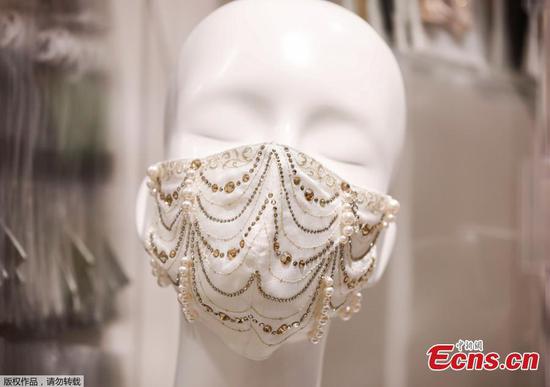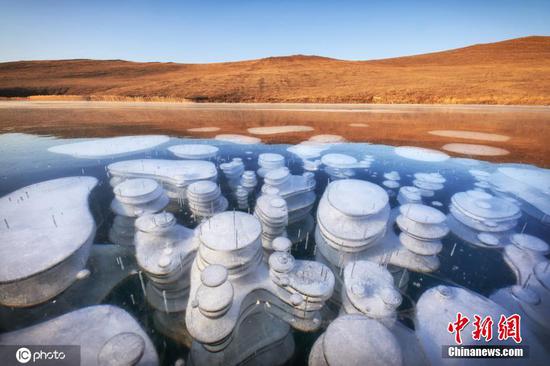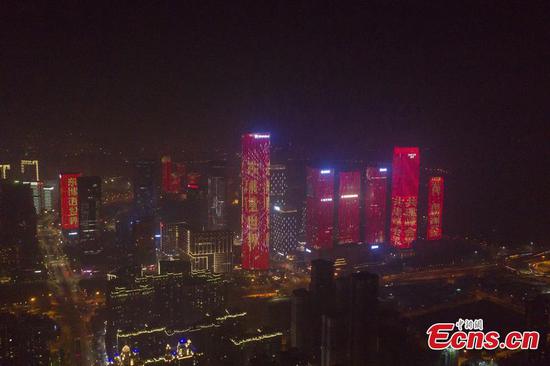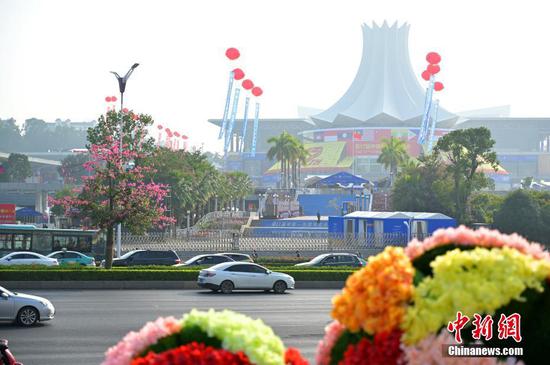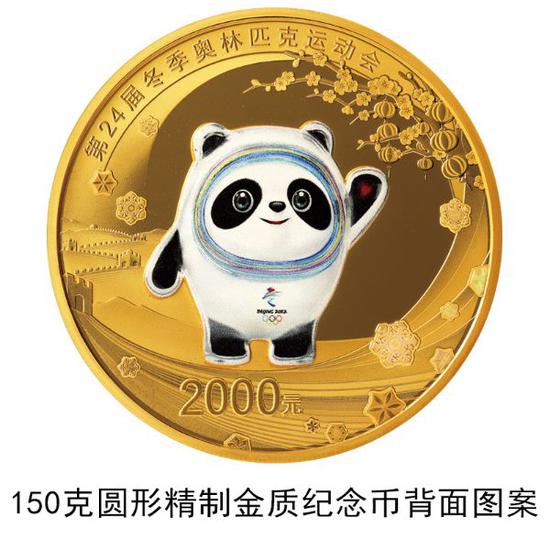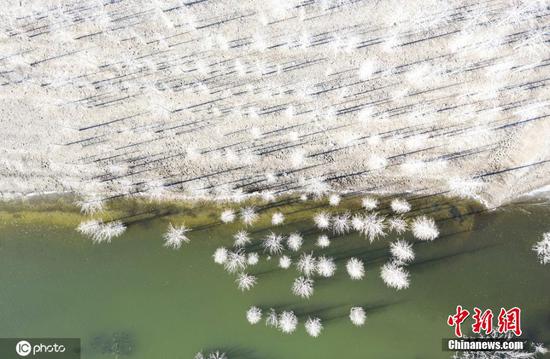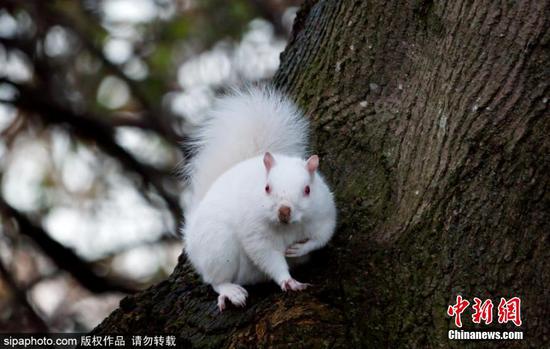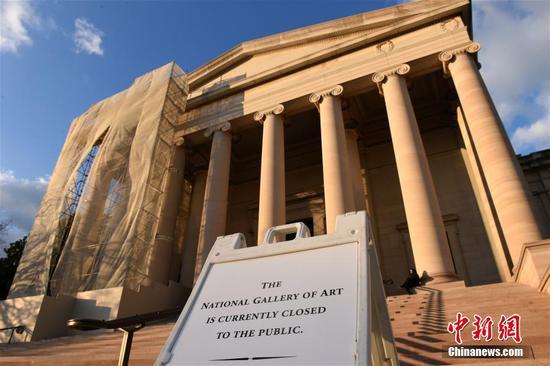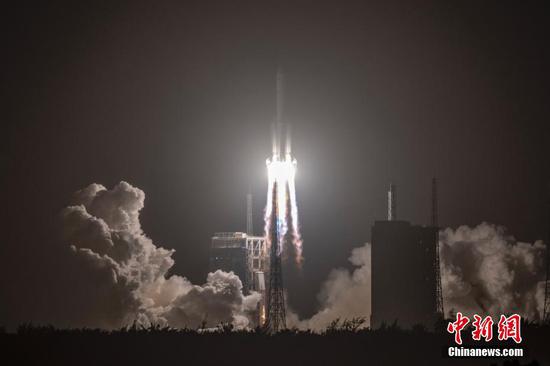Since August, government institutions, State-owned enterprises, schools, tourist attractions, large supermarkets, hospitals and other industries have banned the use of plastic bags on a pilot basis across Hainan, with a total of about 350 metric tons of substitutes being sold, according to the leading group in charge of the program.
Gong Lei, an official with the provincial ecological environment department, said that all government institution canteens have stopped using non-biodegradable plastic bags and lunchboxes. Shopping malls, supermarkets and 4A scenic spots have signed a letter of commitment to promote the use of fully biodegradable products.
He said to ensure the ban is a success, the province has drafted a series of regulations and standards and has improved its supervision and law enforcement capabilities. Hainan has also developed a product certification system, which will enable law enforcement officers to know whether locally produced plastic products meet standards by scanning with a mobile app.
Currently, Hainan has seven enterprises capable of producing fully biodegradable plastic products. By the end of the year, the annual production capacity of membrane bags is expected to reach 32,000 tons, and 11,000 tons for catering items, according to the provincial industry and technology department.
Meanwhile, it said, another 42 companies from other parts of the Chinese mainland are giving support to Hainan by providing raw materials or fully biodegradable plastic products.
"Our staff are working overtime at Saigao (one of the seven companies), as orders for biodegradable plastic products have been put through to January," said Liu Yingying, deputy general manager of Hainan Saigao New Materials Company. Liu said her company has purchased new equipment, expanding monthly production from 280 tons to 500 tons.
Attracted by the preferential policies of the Hainan Free Trade Port, investors including the Chinese Academy of Sciences and Sinopec will soon invest more than 2.4 billion yuan ($365 million) in eight upstream raw material projects for biodegradable plastic products in Yangpu, Haikou and Chengmai in Hainan. The projects will help form a complete industrial chain of fully biodegradable materials and products by around 2022 to 2023, an official said on Tuesday at a teleconference on supervision and management of the ban efforts.
Mao Chaofeng, executive vice-governor of Hainan, said at the teleconference that to encourage production, the provincial government is working on a set of policies that will benefit the entire industrial chain of research, development, production and sales of biodegradable plastic products in Hainan.
Mao also called for greater efforts to ensure supply, better supervision and publication about the ban.
He said Hainan will take advantage of its free-trade policies to cultivate upstream raw material projects for biodegradable plastic products and develop globally competitive producers of such products.
Hainan, with a population of about 9.44 million, consumes 120,000 tons of single-use non-biodegradable plastic products annually, more than half of which is produced locally, according to data from the provincial environment authorities.
On the national front, in April, the National Development and Reform Commission rolled out an ambitious plan to curb plastic pollution in major cities by 2025.









